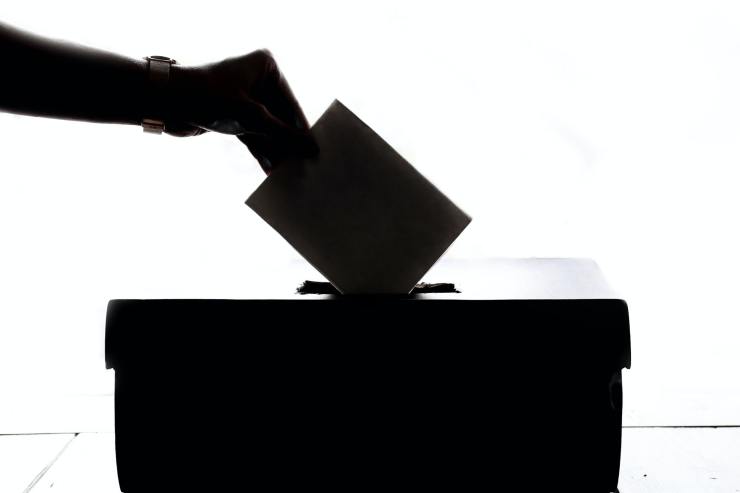
Maharashtra and Jharkhand concluded their assembly elections on November 20 with contrasting voter turnouts, amid a campaign dominated by BJP's emphasis on religious themes and conversion laws.
Maharashtra recorded a turnout of 58.43% in single-phase polling across its 288 assembly constituencies, while Jharkhand saw a more robust participation of 67.59% in its second phase covering 38 seats. The Election Commission noted that urban centres like Mumbai, Pune, and Thane continued their “dismal record” of low participation despite extensive measures to boost voter turnout.
The BJP's campaign in Maharashtra featured a promise to enact a “very stringent anti-conversion law” if its Mahayuti alliance wins power. “After the Mahayuti forms the government, it will constitute a committee to hold discussions with all stakeholders. It will come up with very stringent laws so religious conversions do not take place,” Union Home Minister Amit Shah had announced while releasing the party's “Sankalp Patra” (election manifesto) in Mumbai.
The party’s campaign prominently featured slogans hinting at majoritarian unity such as “Batenge toh Katenge” (divided we shall be cut) and “Ek hain toh safe hai” (We are safe if we are one). Shah also explicitly ruled out religion-based reservations in education and employment, while raising concerns about potential misuse of Waqf Board powers.
The announcement drew immediate opposition from religious minorities, with the Archbishop of Bombay asserting, “No government can enter my soul and tell my conscience, saying, ‘you cannot change religion’.” He emphasised that freedom of religion is “a human right, a sacred right in our Constitution.”
In Jharkhand, where the BJP is challenging the incumbent JMM-Congress alliance, the party faced censure from election authorities. The Election Commission ordered the removal of BJP’s social media posts following complaints from the ruling coalition about “communal, malicious and misleading” content.
The Congress party strongly criticised the BJP’s approach, with general secretary Jairam Ramesh filing a formal complaint on November 11 about “false and misleading videos” posted by the BJP's Jharkhand unit. The Congress argued that the BJP’s focus on religious polarisation reflected poorly on its decade-long governance record at the centre.
While the BJP in Jharkhand campaigned on promises including “driving out infiltrators,” implementing a Uniform Civil Code, and providing financial assistance to women, the ruling JMM-led coalition emphasised its welfare schemes, including the Maiyan Samman Yojana.
Ten Indian states currently have anti-conversion laws in place, with Karnataka promising to repeal its law in 2023 following BJP’s defeat in state elections.
Maharashtra would become the eleventh state to enact such legislation if the BJP-led alliance wins and implements its manifesto promise.
Several exit polls released after voting showed varying predictions. While polls including P-MARQ and Matrize showed an advantage for the BJP-led alliance in Maharashtra, others like Electoral Edge and Lokpoll predicted a lead for the opposition MVA coalition.
In Jharkhand, most exit polls showed a close contest between the ruling INDIA alliance and the BJP-led NDA. The Election Commission has scheduled the counting of votes for November 23.




